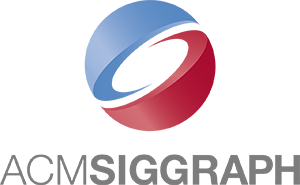Art and Technology: Bridging the Gap in the Computer Age
Author(s):
Exhibition:
Category:
Abstract/Summary/Introduction:
Much as the majority of the art public has tried to ignore the art and technology phenomenon, it is no longer either possible or fashionable to do so. The large retrospective of video artist Nam June Paik at the Whitney Museum in New York in the Spring of 1982 was just one of numerous recent examples of the acceptance of the new technology in a traditional art environment. A lack of familiarity with the actual process by which the works are made, has caused the word “computer” in connection with art to be met with particular distrust out of the ill-founded fear that this mystifyingly complex machine might soon replace the artist in the creation of art. Yet in spite of the electronic implementation, computer-aided art is still in many ways as much a handcrafted product as conventional art forms but simply processed in a different manner. Furthermore, because most artists are as of yet unacquainted with the mechanics and potential of computers, their accomplishments on computer systems, which may assume various forms including color xerography, photo enlargements, plotter drawings or video, to name only a few, are often the product of intense collaboration in a laboratory-like environment between the artist and someone technically proficient in the computer field. This practice is in antithesis to the myth of the sculptor or painter struggling preferably in solitude in a studio to realize his artistic concepts in pencil, paint, metal, stone, or other common materials.




